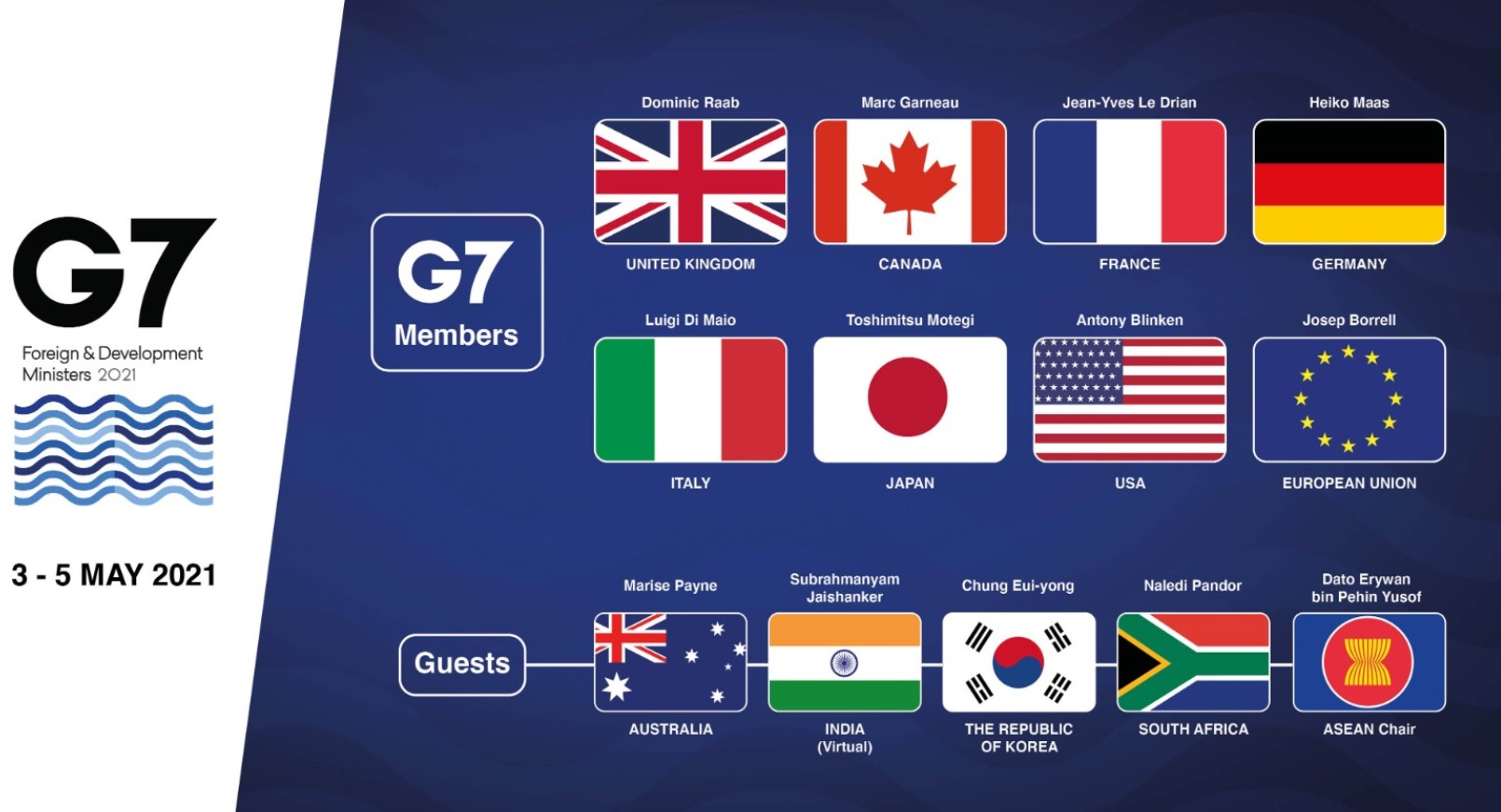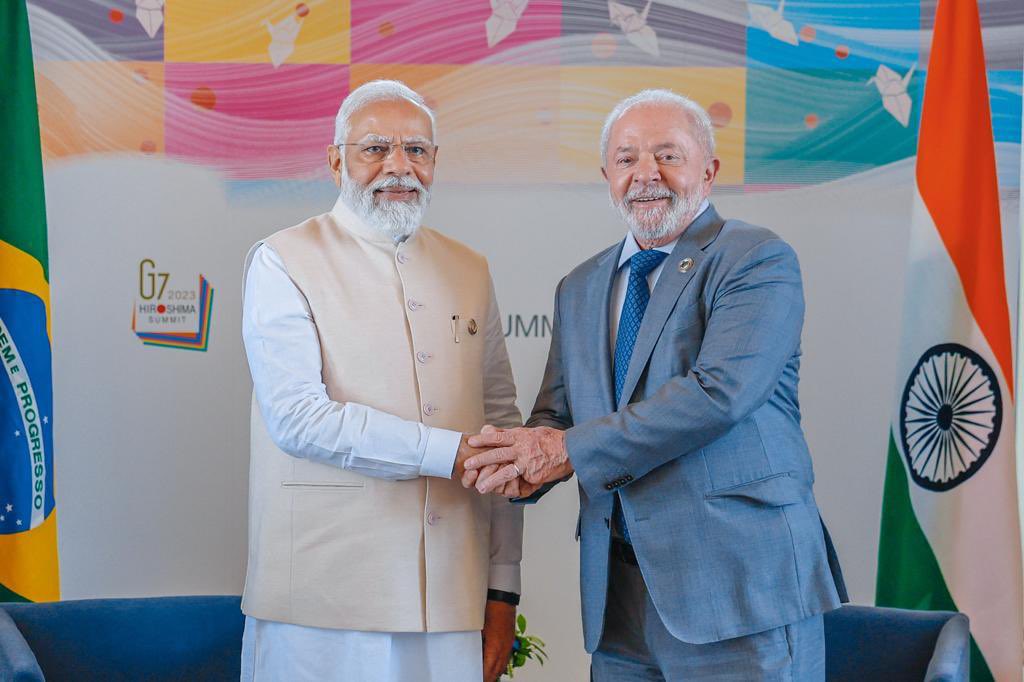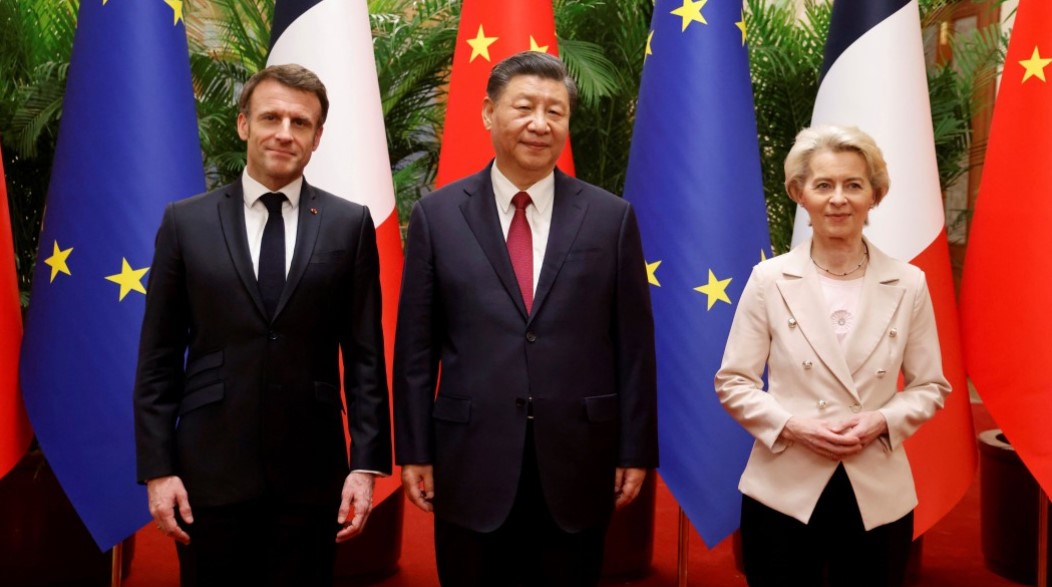
China and The G-7 Global Minimum Tax of 15%
Sat, 12 Jun 2021 | Reading Time: 3 minutes

G7 countries have negotiated and reached a landmark agreement of at least 15% global minimum corporate tax to plug the loopholes in the international taxation system. These advanced economies have put forward a two fold decision:
1) Ensure MNCs pay taxes in the countries they operate , that is, accrue out profits from.
2) To curb low tax jurisdiction by MNCs through implementing a global minimum corporation tax of 15%.
This will make the big firms better accountable to the Government of the home country as well as the host countries by adding to the tax revenue. The pandemic has taken toll on the government revenue and this 15% minimum tax might add to the cash starved government coffers especially of these advanced economies.
OECD and G7 countries have played their card as this minimum rate of 15% accrues out maximum benefit ( 60%) to them as they are the advanced economies with major MNCs.
To set up this tax, other countries need to get on board. This includes major tax havens such as Ireland, Netherland, Luxembourg etc. which have till now attracted MNCs through low tax jurisdiction and might be opposed to this decision. Looking forward for a meeting with G-20 countries – grouping of developed and developing economies in July in Venice, this rate will be further discussed upon on mutual terms.
The larger issue pertains to China and there is a contention whether China will support this decision on not. Why is Chinese decision pertinent apart from other countries? Since China is the second largest economy after the USA, the say of China plays an important role in setting up this international rules based tax order, also because it is a heavy weight in global business. Even the economic experts predict the likelihood of China overpowering the US economy, emerging as the giant economy seeing it’s uptake in global trade and the most stable economy after the dreadful pandemic. Therefore, Chinese contention over this issue attracts a pivotal focus.
There are various facets to this issue with respect to China.
The Border and Road Initiative ( BRI) is a Chinese initiative to build infrastructure across countries and integrate them into global supply chain and extracting benefits for the Chinese economy. Major companies involved are Chinese but certain MNCs are working in collaboration with government funded Chinese companies in BRI by setting up joint ventures in China. The global minimum tax of 15% will exclusively yield benefits to Chinese tax revenue since BRI is a major initiative by China and so there will be no shifting incentive. Major Chinese tech companies will be debarred from digital tax imposed by countries like UK and France.
On the other hand, aversion from China can come from the fact that Hong Kong is one of the biggest tax haven and this proposed setup will reduce incentives for MNCs to invest here, thus leading to economic fallout.
Another perspective on this issue is China laying it’s emphasis on the BRICS nations multilateralism through a recent joint statement by Chinese foreign spokesperson, vehemently reiterating that there is a significant difference on the idea of multilateralism between the BRICS nations and what ‘ developed countries ‘ delineate. He significantly asserted that the BRICS owes its allegiance to the purposes and principles of the UN charter, adhering to the foundational principles of inclusivity, consultation and joint benefits by not succumbing to hegemonic tendencies. He further added, “ We pursue openness, inclusiveness and win- win cooperation and reject bloc politics and ideological confrontation.”
As already mentioned, this 15% global minimum corporate tax is better likely to benefit the advanced G-7 economies pertaining to nothing less that bloc politics, thus excluding the developing countries. Therefore, China playing a diplomatic role in order to advance it’s objective of acquiring ASEAN and other developing economies back against ‘ The West ‘ might either oppose this 15% tax or negotiate fairer terms that equally benefit these developing economies.
Anything that China does will have far reaching repercussions on any global decision as China is a rising global power with a very strong vision and commitment. It is crucial to keep a track of the Chinese actions as history is a proof to the fact of Chinese manipulation tactics to it’s own advantage. Hence, any agreement fostered, should take cognizance of the possible Chinese reaction and make provisions for the same.
Disclaimer
The opinions expressed in this article are the author’s own and do not reflect the views of Chanakya Forum. All information provided in this article including timeliness, completeness, accuracy, suitability or validity of information referenced therein, is the sole responsibility of the author. www.chanakyaforum.com does not assume any responsibility for the same.
Chanakya Forum is now on . Click here to join our channel (@ChanakyaForum) and stay updated with the latest headlines and articles.
Important
We work round the clock to bring you the finest articles and updates from around the world. There is a team that works tirelessly to ensure that you have a seamless reading experience. But all this costs money. Please support us so that we keep doing what we do best. Happy Reading
Support Us




















POST COMMENTS (0)